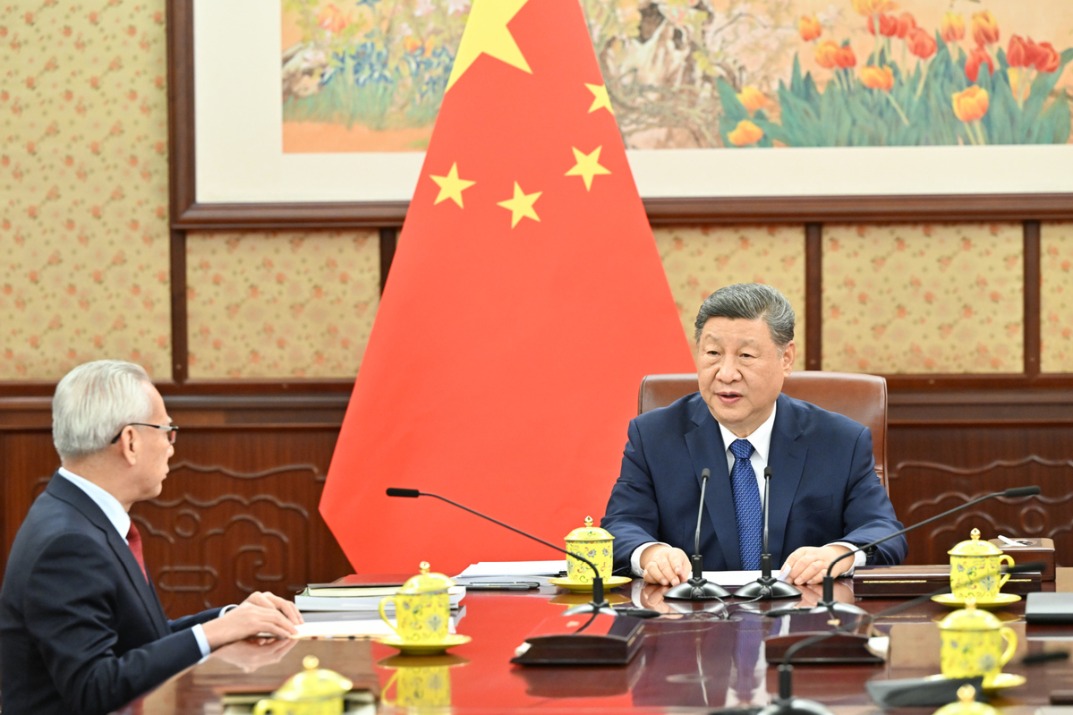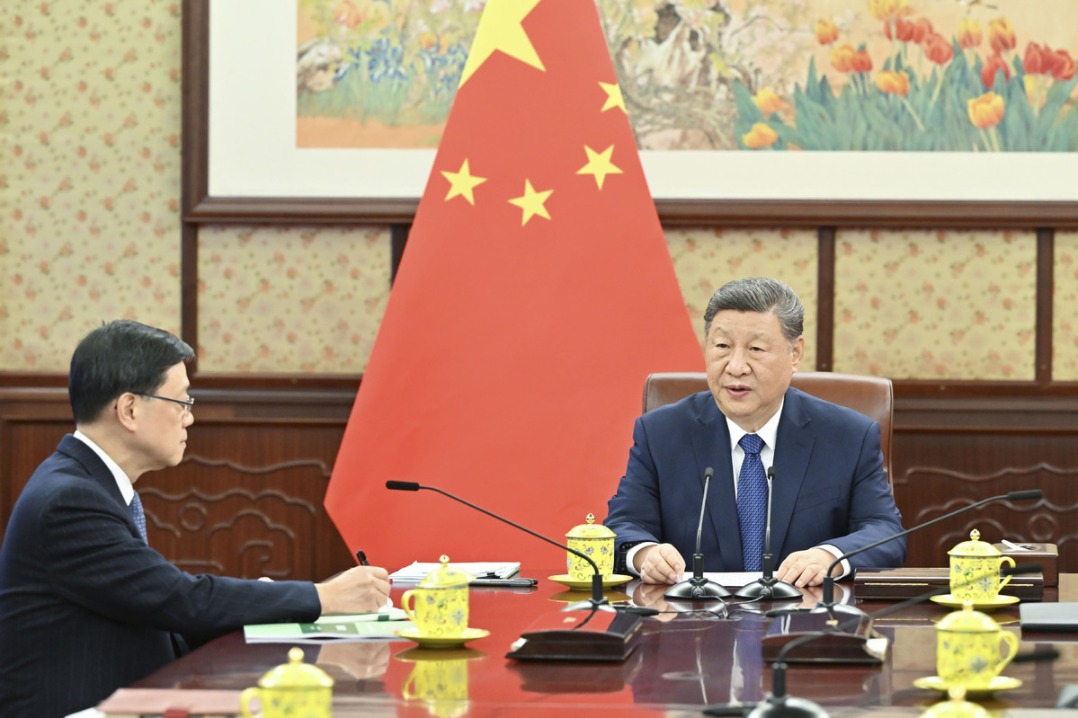Pressure on PM mounts as rice prices soar in Japan

TOKYO — Rice prices in Japan soared 99.2 percent in June year-on-year, official data showed on Friday, piling further pressure on Prime Minister Shigeru Ishiba ahead of elections this weekend.
Public support for Ishiba's administration has plummeted to its lowest level since he took office last year, partly due to frustration over the rising cost of living.
One of the main sources of anger has been inflation, particularly the surging cost of rice, as well as scandals within the ruling party.
The price of the grain already rocketed 101 percent year-on-year in May, having jumped 98.4 percent in April and more than 92.5 percent in March.
Overall, Japan's core inflation rate slowed to 3.3 percent last month from 3.7 percent in May, the data from the internal affairs ministry showed.
Opinion polls ahead of Sunday's election suggest the ruling coalition may lose its majority in the upper house.
This could prompt Ishiba to resign after serving for less than a year in office.
In October, his coalition lost its majority in the powerful lower house. It was the worst election result in 15 years for the Liberal Democratic Party, which has governed Japan almost continuously since 1955.
Ishiba is under additional pressure to reach a trade deal with the United States before new tariffs of 25 percent take effect on Aug 1.
Japan's important auto imports into the world's biggest economy are already subject to painful levies, as are steel and aluminium.
US President Donald Trump wants to encourage Japanese firms to manufacture more in the United States, and for Tokyo to purchase more US goods — notably gas and oil, cars and rice — to reduce the $70 billion trade deficit with the Asian powerhouse.
Ishiba, who has sent his trade envoy, Ryosei Akazawa, to Washington seven times to try and broker a deal, hosted US Treasury Secretary Scott Bessent on Friday.
Bessent told Ishiba that their countries can reach a "good agreement" on tariffs, the Japanese prime minister said after their meeting in Tokyo.
The Bank of Japan has been tightening monetary policy since last year as inflation has crept up, but concerns about the impact of US tariffs on the world's fourth-largest economy have forced it to adopt a slower approach.
Agencies via Xinhua

Today's Top News
- Xi hears report from Macao SAR chief executive
- Xi hears report from HKSAR chief executive
- UN envoy calls on Japan to retract Taiwan comments
- Innovation to give edge in frontier sectors
- Sanctions on Japan's former senior official announced
- Xi stresses importance of raising minors' moral standards





























